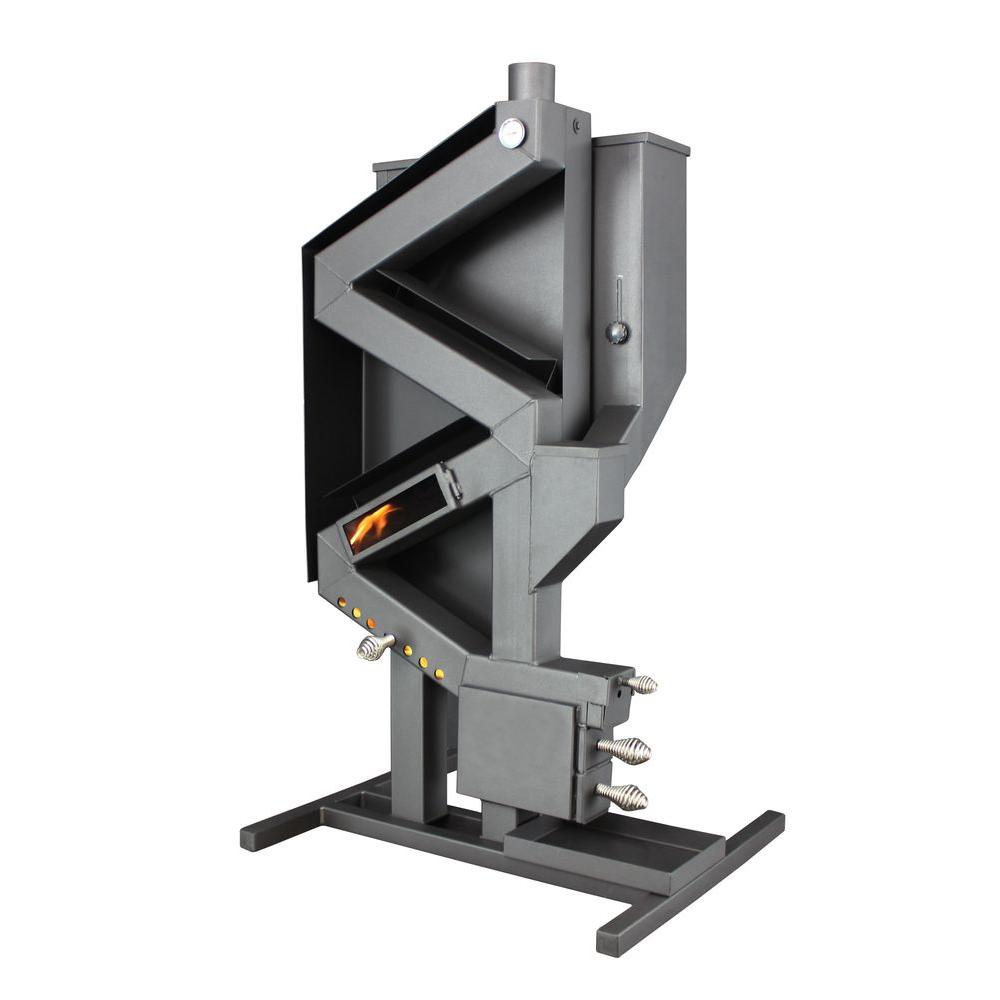Joseph Lofthouse wrote:
If one's definition of heirloom, is a variety that has been around more than 50 years, then it is a variety that is trapped in the past: It was ideal for a particular farm in a particular age. Current growing conditions are much different. Years ago, I was growing varieties with a somewhat greater than average ability to naturally cross pollinate. That allowed my tomatoes to slowly move towards local adaptability. Another option in addition to heirloom and hybrid would be modern open pollinated varieties.
Open pollinated is probably a better term as heirloom makes one think of a family heirloom aka antique. If you plant open pollinated tomatoes, save the seeds to replant for the next several years, saving only from the plants that produced well and didn't succumb to diseases, you have in fact changed that "heirloom" to fit your local growing conditions. So, no, not trapped in the past really. Selective breeding of the same variety is what you're doing and if it still has the same shape, color and flavor, it's still the same variety. If it's changed quite a lot, I guess you can call it your own.
That's why it's best to buy seeds from your region as the seed producer will have the same climate, pests and diseases to deal with and will already have selected for resistance, hopefully. I'm lucky enough to be within 100 miles of Baker Creek aka rareseeds.com and I plan to buy from them this year. If I was in New England, I'd buy from High Mowing Seeds in Vermont.
Hybrids don't really seem like a problem as long as we don't have some sort of societal collapse but selectively saving year after year is probably a more permie thing to do.(permaculture=permanent agriculture) That and seed trading.
We've lost corn almost completely. If things continue down this path, all food will only come from the big corporations. Imagine when/if all veggies become gmo.
I guess my point is, the more we rely on companies and their secrets, the further we'll slip into complete reliance on them.












